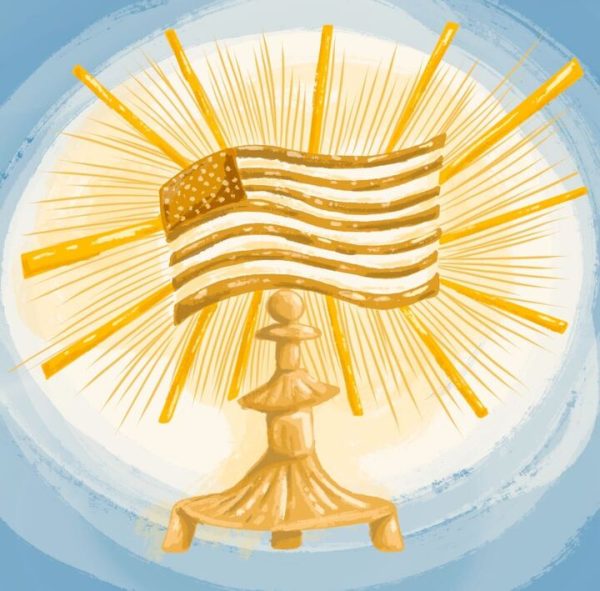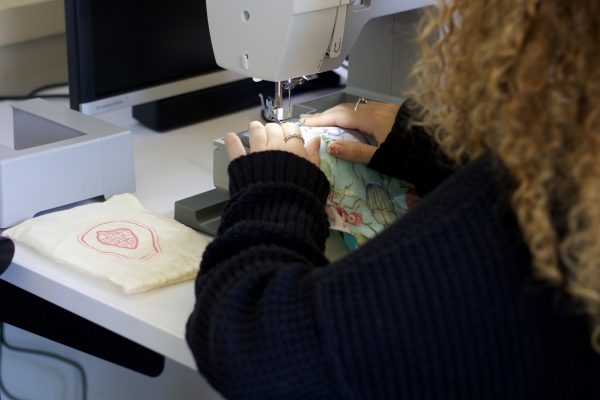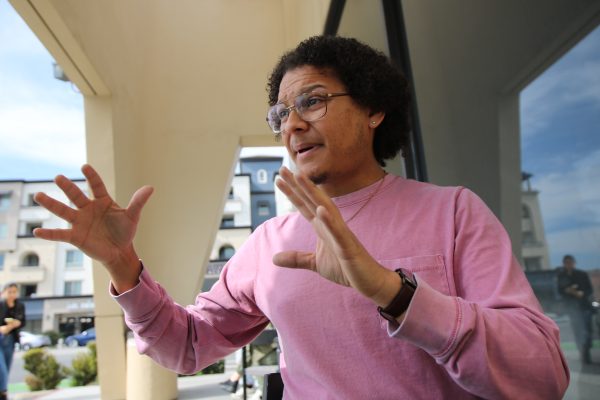Opinion: First-Generation daughters and their burdens
May 8, 2023
I have come to resent my culture in more ways than one as the eldest daughter of an immigrant family. As a result of loading dishwashers, cleaning the entire house, taking 17 class units and working graveyard shifts at a nursing home, I have come to the conclusion that my burdens are never ending.
Despite balancing the difficult tasks of my daily life, I am thankful for the opportunity to serve my loving family. But it never gets easier.
My mother lost her father to Parkinson’s disease. Around the same time, I was my sick, bedridden mother’s caretaker and therapist, my little sister’s cook and driver, and my dad’s housekeeper.
My 18-year-old sister was not expected to carry the responsibilities of running a household like I was. Younger siblings have the privilege of being spoiled and taken care of. This is especially true for teenage boys in Latin American families. They are treated like kings by their mothers while the daughters are treated like maids.
Burnout is a real thing eldest daughters experience in immigrant families. Our families not only bring their traditions and culture from their home country, but they also bring with them unreasonable expectations toward their children along with sexist norms instilled in them before coming to the United States.
Daughters like me are pseudo-parents, therapists, housekeepers, teachers, drivers, cooks and the backbone of our families.
CSUN psychology alum Suhey Aguirre has experienced these prevalent gender disparities within her Mexican American family. As the eldest daughter, cleaning days and homework nights were a daily routine. Her brother contributed the bare minimum while her mother demanded more past Suhey’s limits.
“I remember taking 19 class units one semester at CSUN, and was still expected to come home and clean up after everyone else,” Aguirre said. “That was a very tough time for me.”
Aguirre currently works at a fast food restaurant and has taken another part-time job at a cafe to save up for law school, further proving that eldest daughters rarely experience mental health breaks.
CSUN junior political science major Ana Estrada is no stranger to these struggles either. She has experienced burnout more times than she can count. As the oldest sister in her family, she is trying to develop healthy habits by practicing self-care and prioritizing her needs. She has taken a break from her fast food job to focus on her new role as political director at Project Super Bloom, with home responsibilities always following behind.
“As the oldest sister, I’ve had to take up a number of responsibilities of a parent from an extremely young age,” Estrada said. “In a traditional Mexican household, I am treated like a second mom.”
When she was 10 years old, Estrada recalls babysitting her siblings, changing their diapers, taking them to school and helping them with their homework. She also translated government documents and conversations for her parents while learning how to read and speak English in elementary school.
Despite her struggles, she acknowledged the love she has for her parents and is grateful for their sacrifices as she would not be here without them today.
Aguirre and Estrada are great examples of tenacity and hard work. They struggle with their responsibilities, but are ultimately proud of their familial duty. Some of us may be inclined to do more housework than others, while some may have the responsibility of raising their siblings, but we all sacrifice something. Whether it be our mental health, free time or effort, we sacrifice for something greater.
The bottom line is that we are warriors in our own right. We have cried, laughed and faced adversity in our own unique ways. We have sacrificed like our parents did, and for that, we should be proud.









